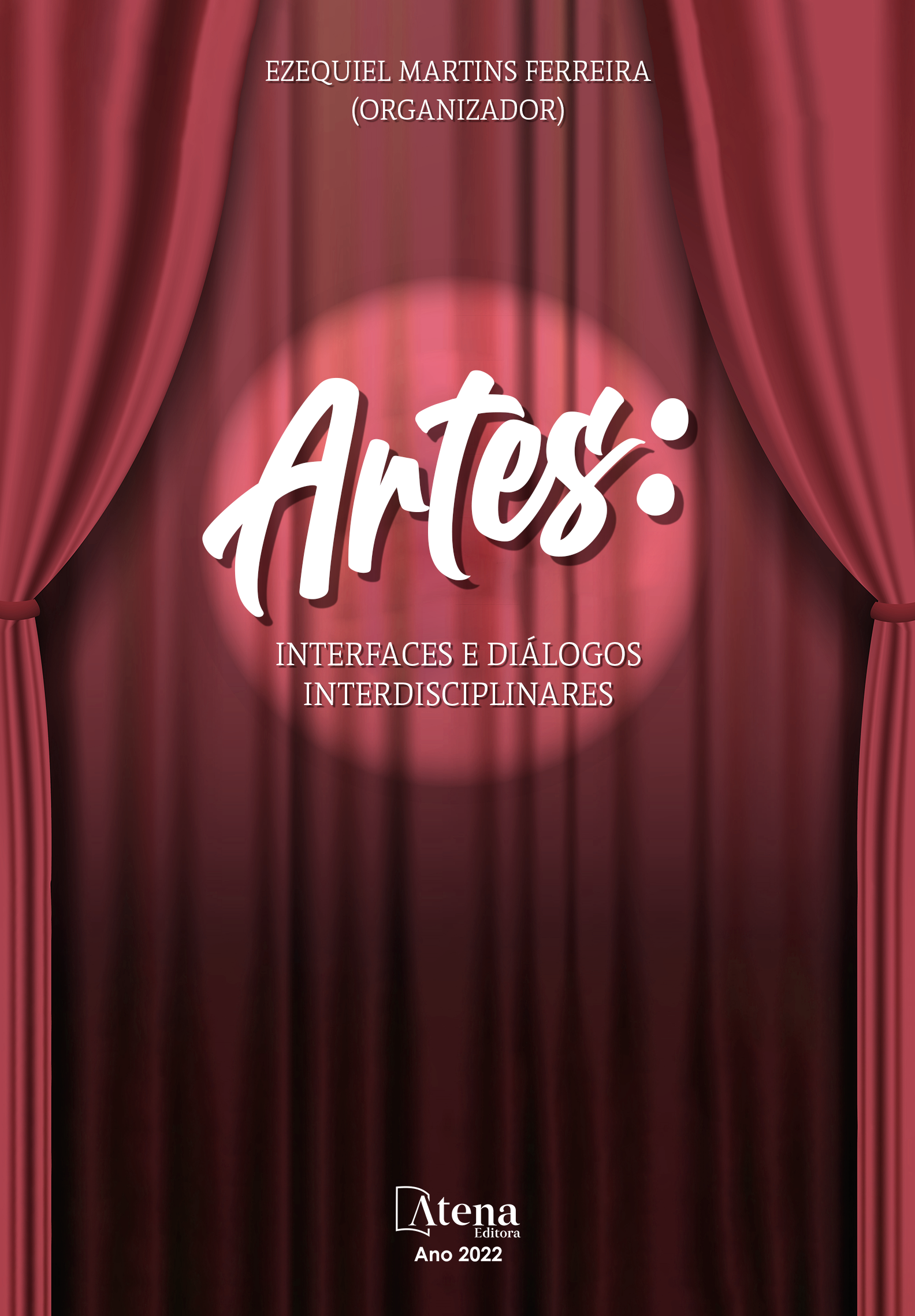
ARTE EM TEMPOS DE PANDEMIA - RESISTÊNCIA E VISIBILIDADES NA OBRA FÍLMICA JOAQUIM (2017)
A proposta de pesquisa situa-se no campo das relações entre cinema, história, memória, a partir do estudo da obra fílmica, Joaquim, 2017, dirigido por Marcelo Gomes, trata da trajetória de vida do personagem histórico o Alferes Joaquim Jose da Silva Xavier - Tiradentes, no momento que rompe com coroa portuguesa e assume o papel político de contestador do regime. O tema do filme discute como se constrói o paradigma dentro de uma sociedade colonial, desumana e cruel. Retira do passado a sua glória de “herói” do acontecimento histórico denominado Inconfidência Mineira no século XVIII. O objeto da pesquisa foi analisar na obra fílmica a sua potencialidade de se configurar em uma "história como visão”, para pensá-lo como “visão” na produção da resistência, visibilidades, desviando, facilitando e ampliando a ideia do personagem como “herói”, no caso do filme, o qual rompe com a coroa portuguesa assumindo o papel político de contestador do regime vigente. Como fundamento teórico metodológico tanto nos aspectos relativos à historiografia, como as questões relativas à relação entre cinema e história praticada pelos autores: Robert A. Rosenstone, Gilles Deleuze, Peter Burke entre outros.
ARTE EM TEMPOS DE PANDEMIA - RESISTÊNCIA E VISIBILIDADES NA OBRA FÍLMICA JOAQUIM (2017)
-
DOI: 10.22533/at.ed.5302211037
-
Palavras-chave: Cinema; história; Memória; Resistência, Visibilidades.
-
Keywords: Cinema; History; Memory; Resistance; Visibilities.
-
Abstract:
The research proposal is situated in the field of the relationships between cinema, history and memory, to discuss the film work, Joaquim, 2017, directed by Marcelo Gomes. It deals with the life trajectory of the historical character, Alferes Joaquim Jose da Silva Xavier – Tiradentes. The theme of the film discusses how to construct the paradigm within a colonial, inhuman and cruel society. It takes from his past his glory as a "hero" of the historical event called Inconfidência Mineira in the 18th century. The object of the research is to analyze in the film work its potential to be configured in the scope of a "history as a vision", to think of it as "vision" in the production of resistance, visibilities, diverting, facilitating and expanding the idea of the character as a "hero", in the case of the film, which breaks up with the Portuguese crown, assuming the political role of contesting the current regime. As a theoretical-methodological foundation, both in aspects related to historiography, as well as questions related to the relationship between cinema and history, the discussion follows in the path practiced by the authors: Robert A Rosenstone, Gilles Deleuze, Peter Burke and others.
-
Número de páginas: 12
- Zeloi A.Martins


